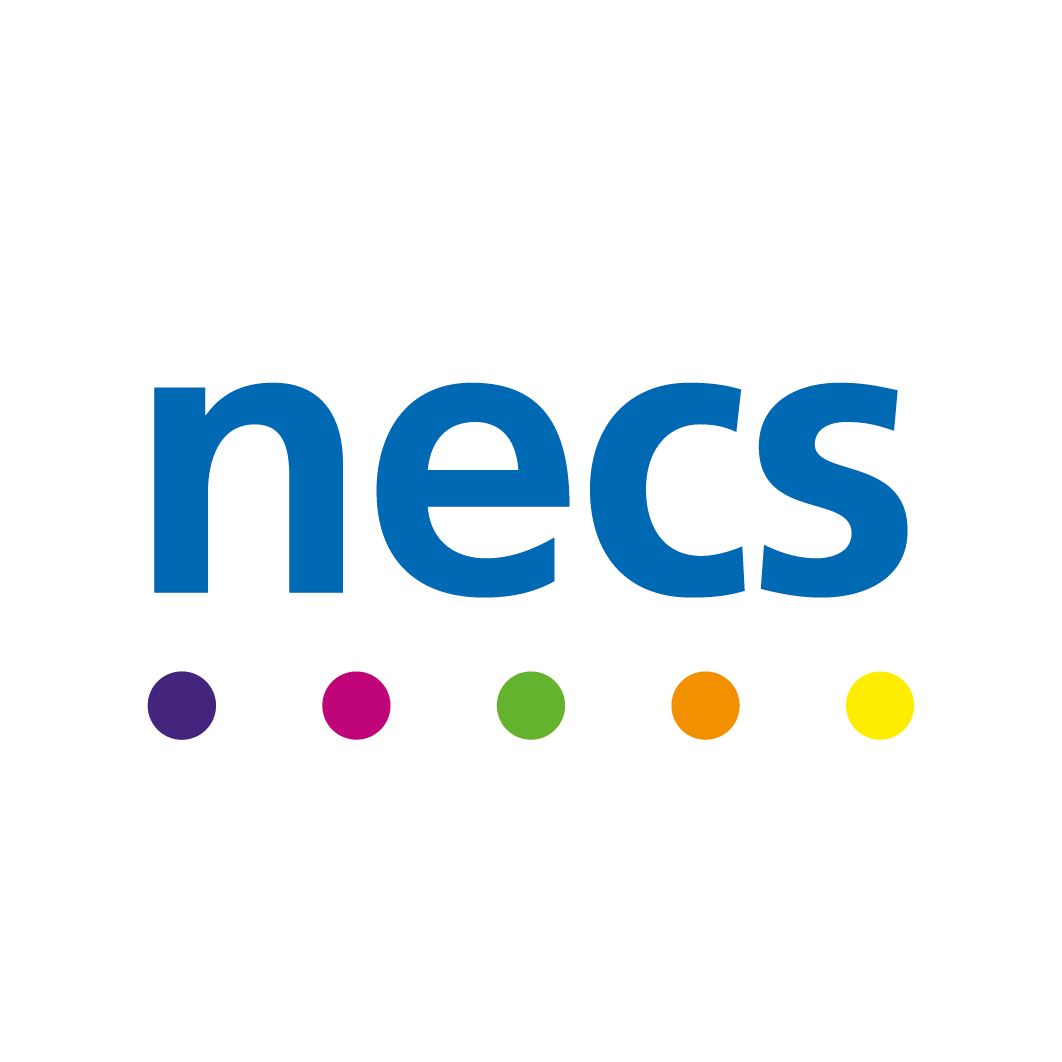The challenge
NHSE launched the National Framework for Inclusion Health which sets out the actions required of NHS organisations in identifying and meeting the needs of people from inclusion health groups. Inclusion health groups consist of people that experience poor access, uptake, experience, and outcomes of healthcare services due to stigma and marginalisation. This includes people in contact with the criminal justice system, Roma and Traveller communities, sex workers, people experiencing homelessness and others.
The NENC ICB required a framework within which to meet the national requirements, that had been set out within both the 24/25 Operational Planning Guidance and the NHS Foundation Trust core contract (Section 2N Health Inequalities Action Plan).
Our response
In partnership with colleagues from the Office for Health Inequalities and Disparities (OHID), the NECS Healthier and Fairer team undertook a wide ranging engagement and co-production exercise with ICB, Local Authority, Foundation Trust, VCSE and academic partners on developing the NENC Approach to Inclusion Health, a framework to support NHS organisations on identifying and undertaking actions to support people from inclusion health groups.
The approach has six principles and three levels:
Principles
- Trauma informed
- Data drive
- Research and evidence led
- With people of lived experience
- Family and support network focused
- Parity of esteem.
Levels
- Foundation – organisational culture and workforce
- Universal healthcare for inclusion health
- Specialist healthcare for inclusion health.

Outcomes
The approach has been adopted by NENC ICB as its strategic means to deliver on this requirement. It has committed to using the approach in identifying actions and projects to reduce the healthcare inequalities experienced by inclusion health groups, including the allocation of programme funding.
Work is now underway with system partners to apply the principles and levels of the approach within the Healthier and Fairer Transformation Programme.

